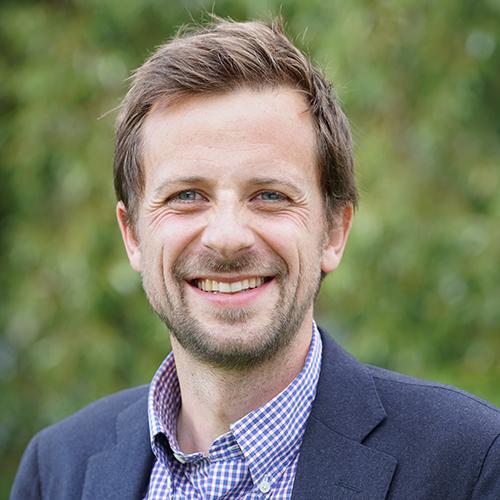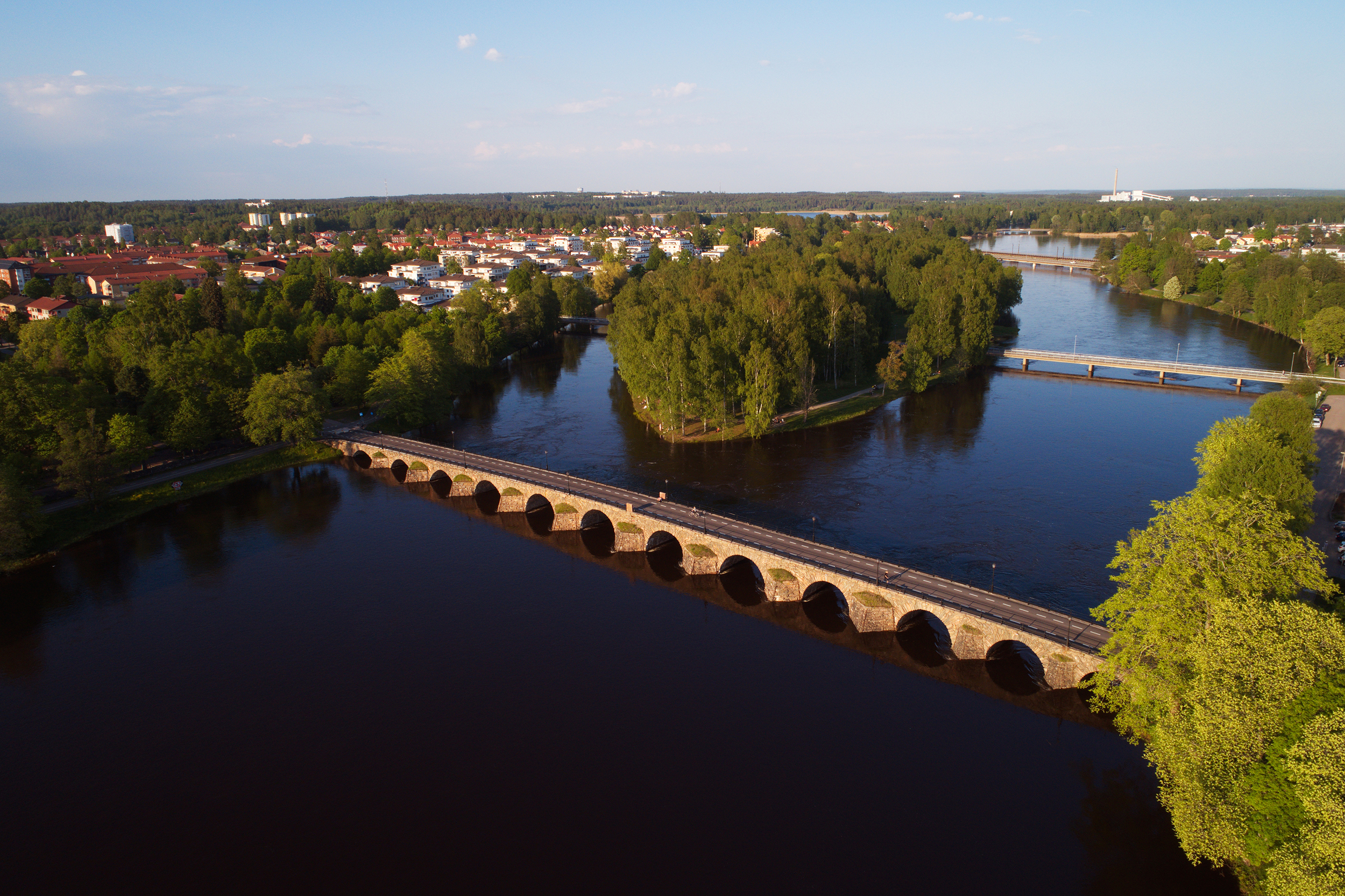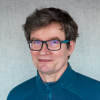These are questions the researchers in the project Where does the green economy grow? The Geography Of Nordic Sustainability Transitions (GONST) have looked at. They have compared several regions in Denmark, Finland, Norway, and Sweden.
Project manager Teis Hansen from the University of Copenhagen says that regional authorities have developed and implemented green growth policies from two different angles. One is about decarbonisation of activities the regional authorities themselves have control over, such as public transport. The second is about stimulating the region's existing and new industries in a greener direction.
In the title of the GONST project, they ask: "Where does the green economy grow?" And they have found the answer:
"The short answer is that the green economy is growing in many places in the Nordic region, and that it is to a large extent established industries that contribute to green development. We have seen this in areas such as forestry, the cardboard and paper industry, the maritime industry and the transport sector. There are some new green industries that are emerging, but it is the established industries with a long history that are the primary drivers behind the development."

"One example is the transport sector's use of biogas. In Skåne in Sweden, the regional authorities have pushed for the transport companies to use biogas as fuel. This is an important contribution to the green shift in the region, but the development of biogas is closely linked to the traditional agricultural industry, to waste management and water purification. So even though the technology has been evolving for the last 30 years, it has its starting point in the traditional industry."
When it comes to the question of the most important factors for a region to experience green growth, Hansen explains that there are many factors that come into play, such as national and local decision-makers, industry, education and research in the region and civil society. But they have also found that regional authorities and universities often play crucial roles. One example is Värmland in Sweden.
"Värmland has a large paper industry, and when this industry experienced reduced demand, they shifted their focus from the production of cellulose and paper to a forest-based bioeconomy. Here, the regional authorities were central in developing the collaboration and facilitating the use of regional-based funds, while Karlstad University has contributed knowledge and the development of new solutions, in collaboration with the industry."
"In the research literature, we have seen that there are some simplified notions about who drives the restructuring processes, and new industries are often referred to. But the reality is more complicated. Who is in the lead can vary from period to period, and one actor can have several different roles. There are actors who work both for and against change. For example, an actor can operate within a traditional industry that has its income from activities that are not sustainable, but at the same time can participate in the development of green solutions – not necessarily because it pays off now, but because it can pay off for them in the future. Players in oil and gas can work for the restructuring to take time, but at the same time invest in biofuels so that they can benefit from the restructuring."
According to Hansen and his colleagues, the delivery of green growth involves a transition where the economic and societal changes required are deep, structural and systemic, rather than marginal. Who, then, is best equipped to work with green growth?
"It is important when it comes to broad, structural changes, then it is not possible place to place it in a specific office in a ministry. It goes across all silos and sectors, it influences so many different areas of our everyday lives. It's about regulations, business strategies and so on. If the various actors within different policy levels do not talk to each other, the policy will not work well, and will not happen quickly enough."
Although the research deals with broad sections of society, it is nevertheless more relevant to one particular target group.
"This type of research has great applicability to decision makers. It is less focused on individual businesses and how they can become more profitable, but is more about what regional authorities can do to create green growth. Much of the research we do is actually focused on policy, and is about how regional authorities seek to create good framework conditions for a green transition. It is thus about the broad societal relevance."
To ensure that the knowledge reaches the right target groups, the researchers from GONST have participated in the development of the course “Policy for Green Growth and System Innovation”.
"This course is based on insight from GONST and our collaboration with other participants in NordForsk's program for green growth. This has made it possible to share the knowledge we have achieved, and make it applicable to those actors who may need it. The course had four modules, including one that specifically focuses on what kind of competence is needed in the public sector when working with the green transition. We have had participants from four different countries, from different sectors and with different skills. In this way, the course and the insights from the Green Growth program have had great Nordic added value."







